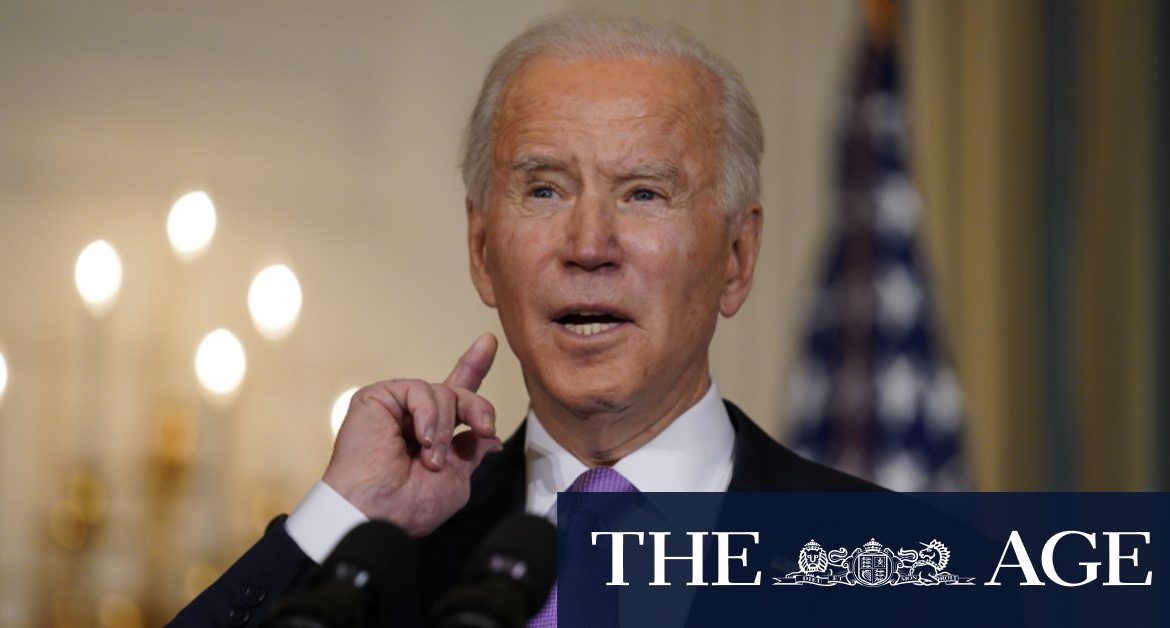The federal opposition frontbench reshuffle this week has raised speculation about a change in the direction of the ALP’s climate policy, but a more significant shift for Australian politics is happening not in Canberra but in Washington. The Canberra bubble has been electrified by Opposition Leader Anthony Albanese’s decision to name a new environment spokesman. The NSW Right faction’s Chris Bowen replaces Mark Butler, known as a passionate advocate for faster action to reduce emissions.
Credit:AP
Some view the reshuffle as a sign Mr Albanese is planning to run dead on climate in the federal election (due within a year) in the hope of winning some coal seats in Queensland, although on Friday morning he denied this interpretation. There is certainly a question mark over the ALP’s climate policies. It has committed to achieving net zero greenhouse gas emissions by 2050 and has said it will not use the so-called Kyoto carry-over credits to fudge the reductions in emissions by 2030. But it has not yet said what intermediate targets it will set for emissions. Yet the ALP should not go soft on climate policy now at a time when the US election has shifted the balance in global economics, politics and diplomacy in favour of stronger action.
President Joe Biden in his first week in office has made it very clear he is serious about his campaign commitments to push action on climate change at home and abroad. He has already signed executive orders designed to reverse the anti-environmental policies of the Trump administration, most importantly, rejoining the Paris Agreement on climate change, which Trump had left 77 days earlier.
Mr Biden’s special climate envoy, John Kerry, in his first big international speech to the World Economic Forum, sent a message to the Morrison government by stressing climate change’s link to last year’s catastrophic bushfires. He said the images of the bushfires stopped the world in its tracks.







